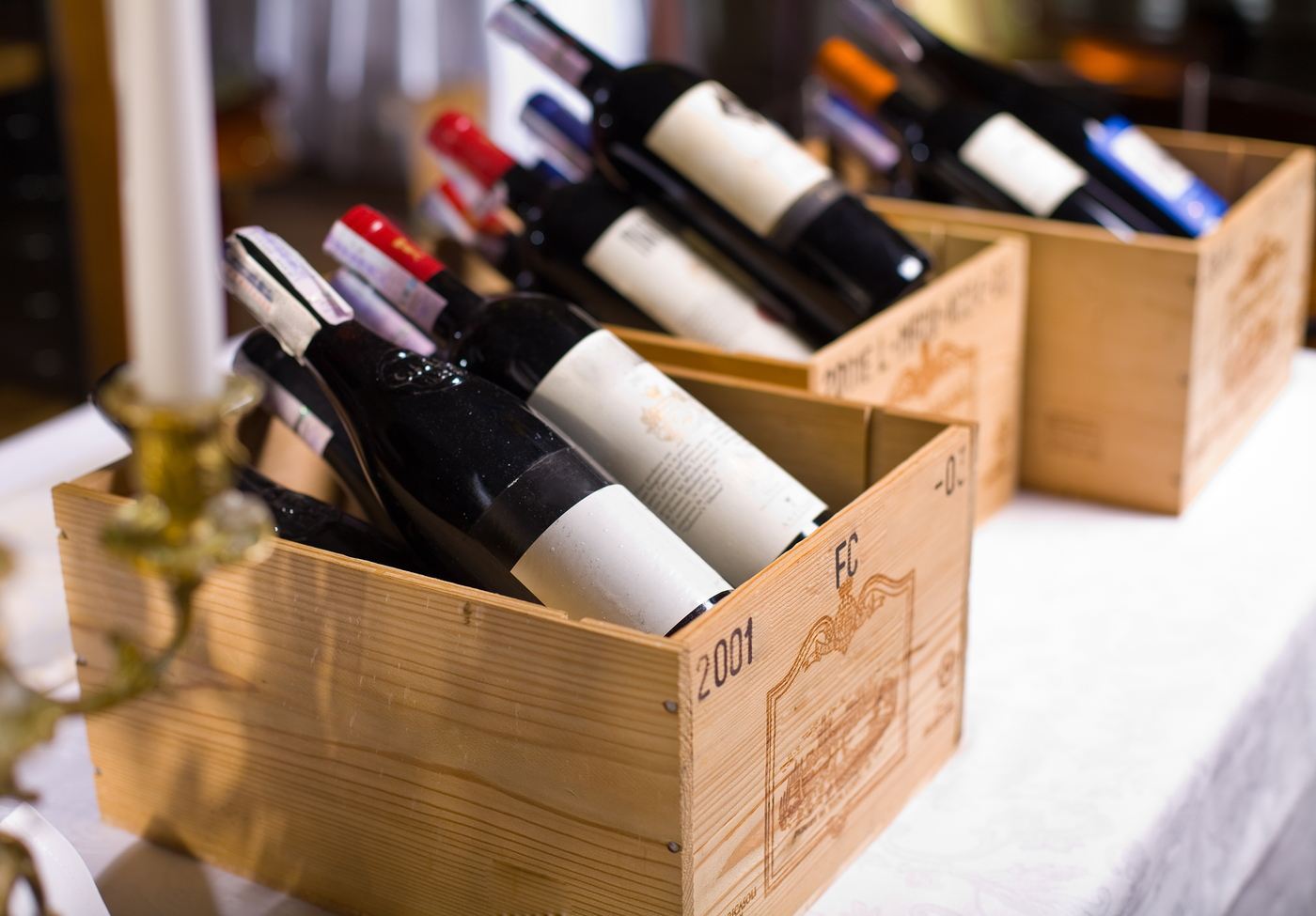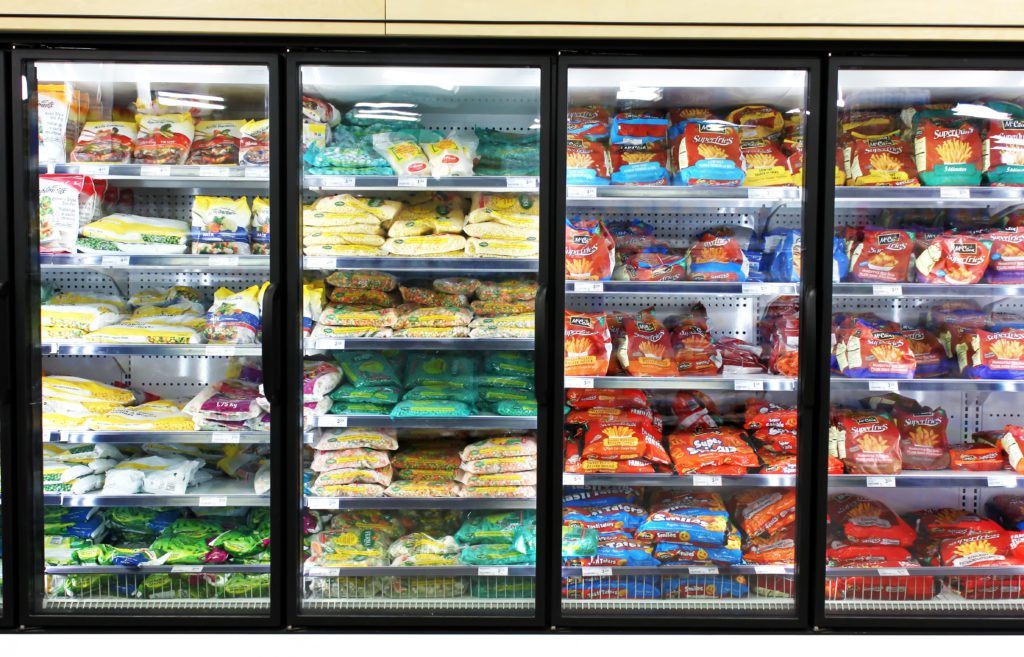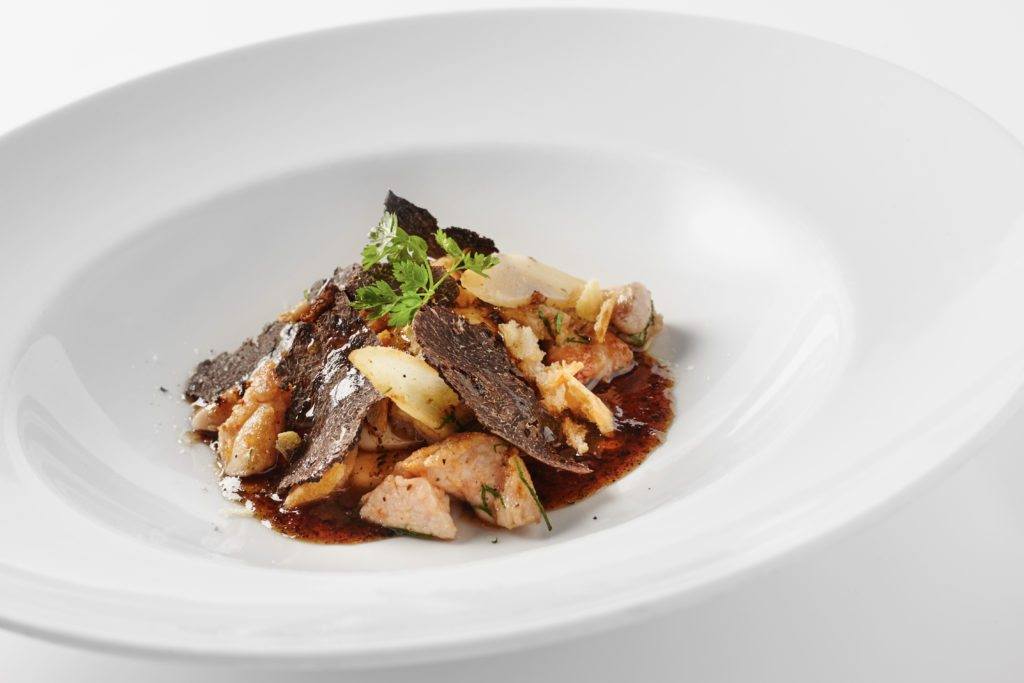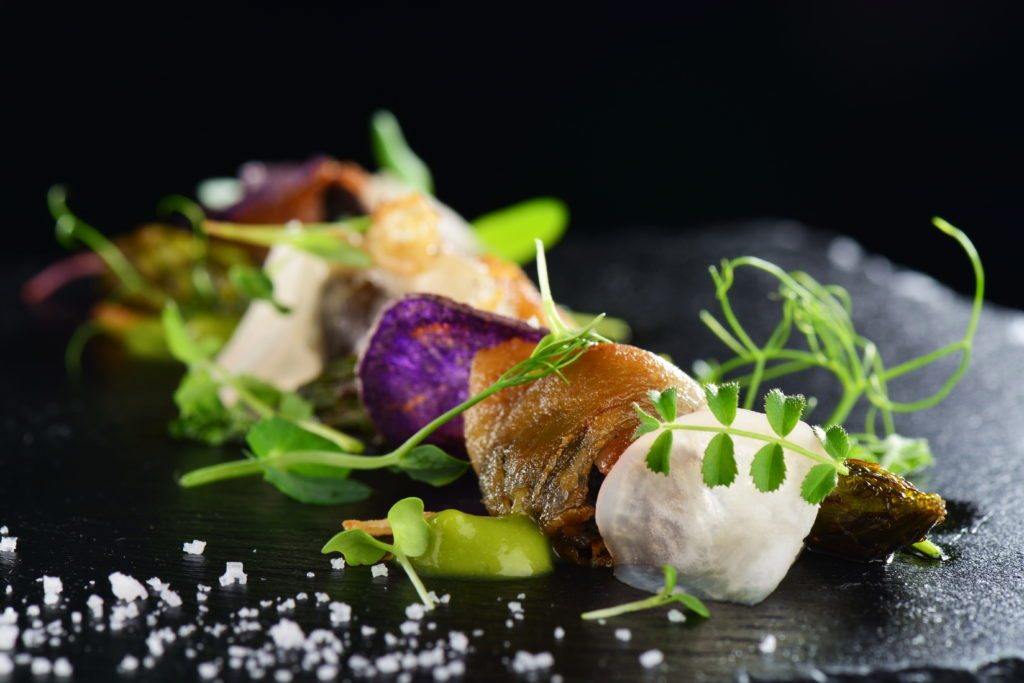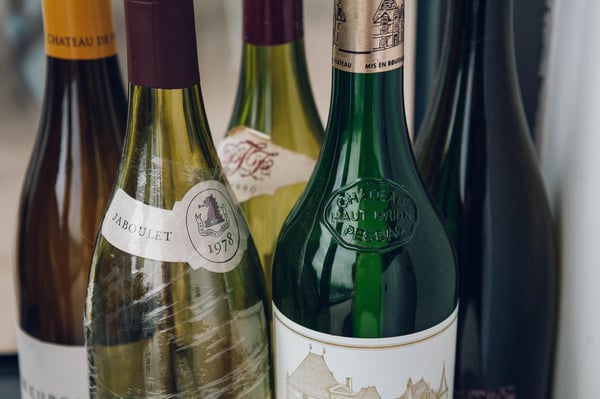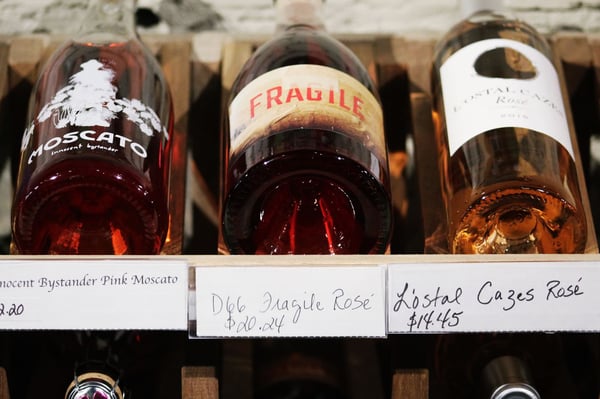Since we started this blog, I have been asking people how much they usually spend for a bottle of wine. I have received a range of answers. Some never spend more than £10. Others £10-15. A few occasionally treat themselves or buy an expensive bottle as a gift. A handful, like Alan Clarke, say that you can’t get a decent bottle for less than £50. But everybody was interested to know what would be a reasonable price range for a good wine quality.
Interestingly, when you ask people how much are they willing to spend for a meal out, the numbers go up. Over the last decade, people started to spend more on quality food, organic ingredients and deli products. We like our food to be natural, have less additives, taste good, be produced with care and consideration and we are willing to pay a premium for it.
As with most things in life, quality doesn’t come cheap.
Life is too short for bad wine
When we visited Quintarelli, considered to be the best Amarone producer, they said wine is food. So, let’s treat it with the same attitude we treat our food and use that analogy as the basis of a thought experiment.
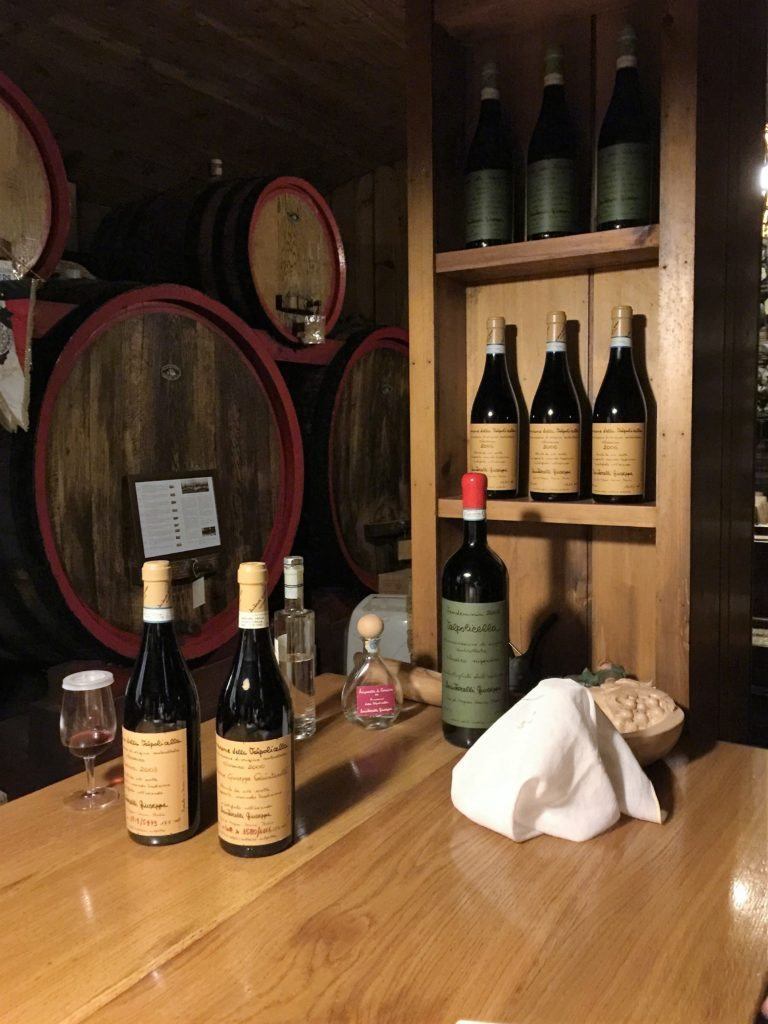

Don’t settle for ‘acceptable’ wine quality
Imagine eating frozen or industrially processed foods all the time. They do the job of satisfying your hunger, they are cheap, but also without too much taste and with unwelcome additives.
Similarly, acceptable wine or ‘plonk’ is drinkable and simple. You would struggle to identify distinctive aromas and flavours. Expect generic, nondescript flavours. The finish will be short. The additives and mass production processes may make give you a headache.
Expect to find this in supermarkets with prices between £5-£10 or the lowest in price on the pub’s drinks list. Remember that the £2.06 of that price will be duty and there will be 20% VAT included, so the government is taking half the cost of a £5 before anything goes to the seller or winemaker. This is why cheap wines are surprisingly bad value.
Good wine can be a bargain
Now imagine that instead of frozen or processed foods, you discover home-made food, made with fresh ingredients, basic and simple. It will taste much nicer.
Good wine is like simple home made food. It may not have the complexity of a great wine but you can start sensing more aromas and flavours and you should be able to get a sense of place or region.
Expect to find this in the wine shops between £10-£15 per bottle. If we assume that pubs and restaurants charge two or three times the retail price on their wines, this can cost you £20-£35 on a night out.
Very good wine quality
Next, you start poshing up your home-made food. You follow a nice recipe, you use high quality ingredients such as organic and free range products or you go to a nice gourmet restaurant. Your sensory experience is going to be much richer. The presentation, aromas, smells and ingredients will all be better.
Very good wine will be similar. It’s going to be complex and refined, elegant, with medium or pronounced aromas and flavours, with a medium or long finish. It will start changing in the glass and you can pair it very well with more elaborate food. At this point, you might see estate bottled wines, organic or natural wines or
Expect to pay around £15-£30 per bottle, although there are cases of more expensive very good premium wines on the market. Some countries seem to be more expensive than others for similar levels of quality. (We’re looking at you, France.)
Unfortunately, while you aren’t likely to get very good wine for less than £15, the reverse isn’t true. In other words, paying £15 or more doesn’t guarantee very good wines. So this is also the price point where a little wine knowledge starts to be useful. The good news is that sometimes, you can find outstanding wine in this price category, such as the Romanian Anima Cabernet Sauvignon we reviewed recently.
Outstanding wine
After the nice gourmet food, you discover a one star Michelin restaurant experience. The food is perfectly presented, tastes heavenly, you have different courses and combinations of flavours.
Outstanding wine will give the same wow sensations. It is flawless, refined and elegant. It is complex, with pronounced intensity aromas and flavours, very long pleasant finish that just keeps delivering new layers of flavour. Every time you take a sip, the wine will take you on a journey and will be slightly different and will unveil its beauty. You might even have a ‘winegasm’. Like the best restaurants, outstanding wine should reflect its origins, locality and the experience of the vigneron.
Expect to pay £20-£25+ per bottle in this category. Old world wines, like French and Italian and some new world wines will be more expensive in this category. It depends on how crafty the wines are, how famous the producer is and how limited the supply is.
Luxury and decadence wine quality
Now as you entered the Michelin star world, you want to try once in a while, for a special occasion or just for fun, the two and three stars ones. One would expect everything to be perfect, delightful, with imaginative combinations, out of this world. Like the best restaurants in the world, a top wine is worth a special trip for a special occasion.
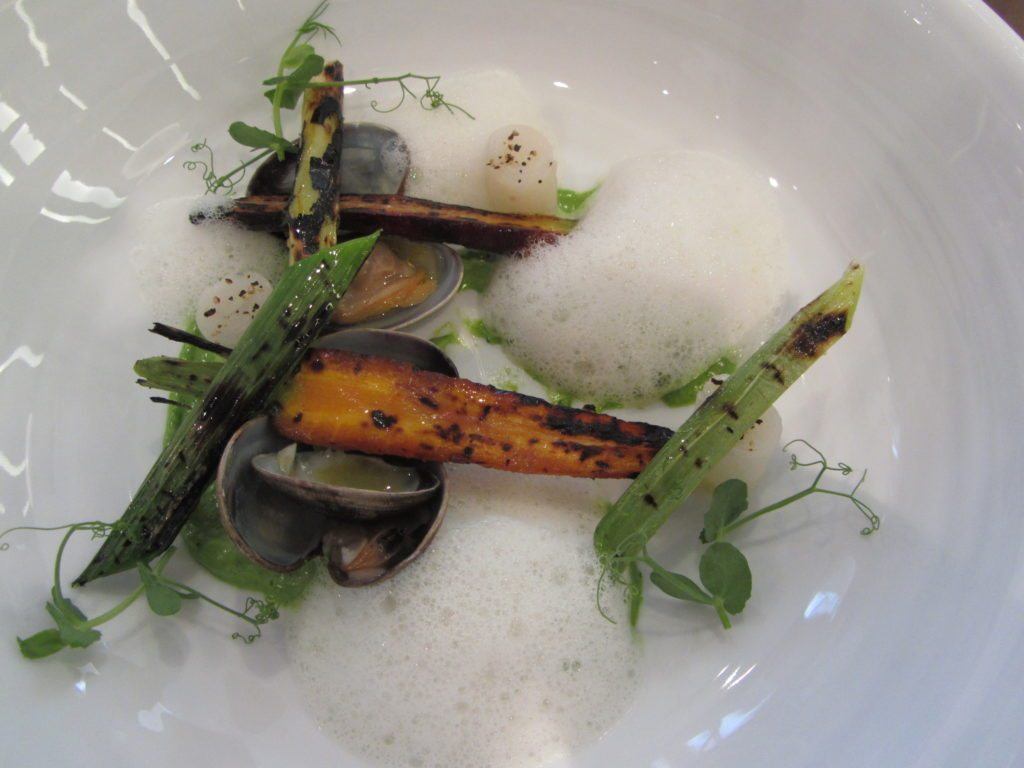
Wines in this category are outstanding, but come at a higher price, typically £100+ per bottle. Their price is driven by brand, fame and rarity. Collectable wines are included in this category but, personally, I don’t see the point of collecting wine without drinking it. It’s like collecting Ferraris and never driving them. I’m all in favour of treating ourselves once in a while with a little bit of liquid luxury and decadence. After all, we are not immortal and an amazing wine can be an experience of a lifetime. I still remember my first perfect wine: it was a Dom Perignon vintage champagne. It inspired me to continue my journey into the world of wine.

